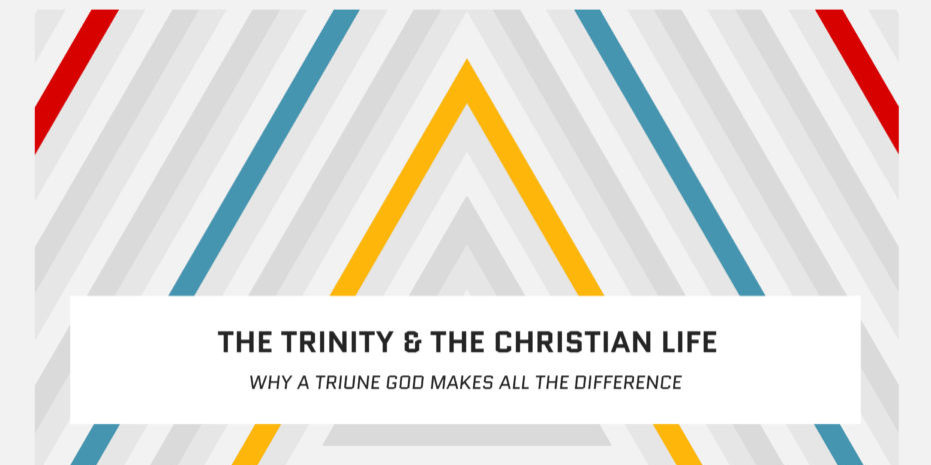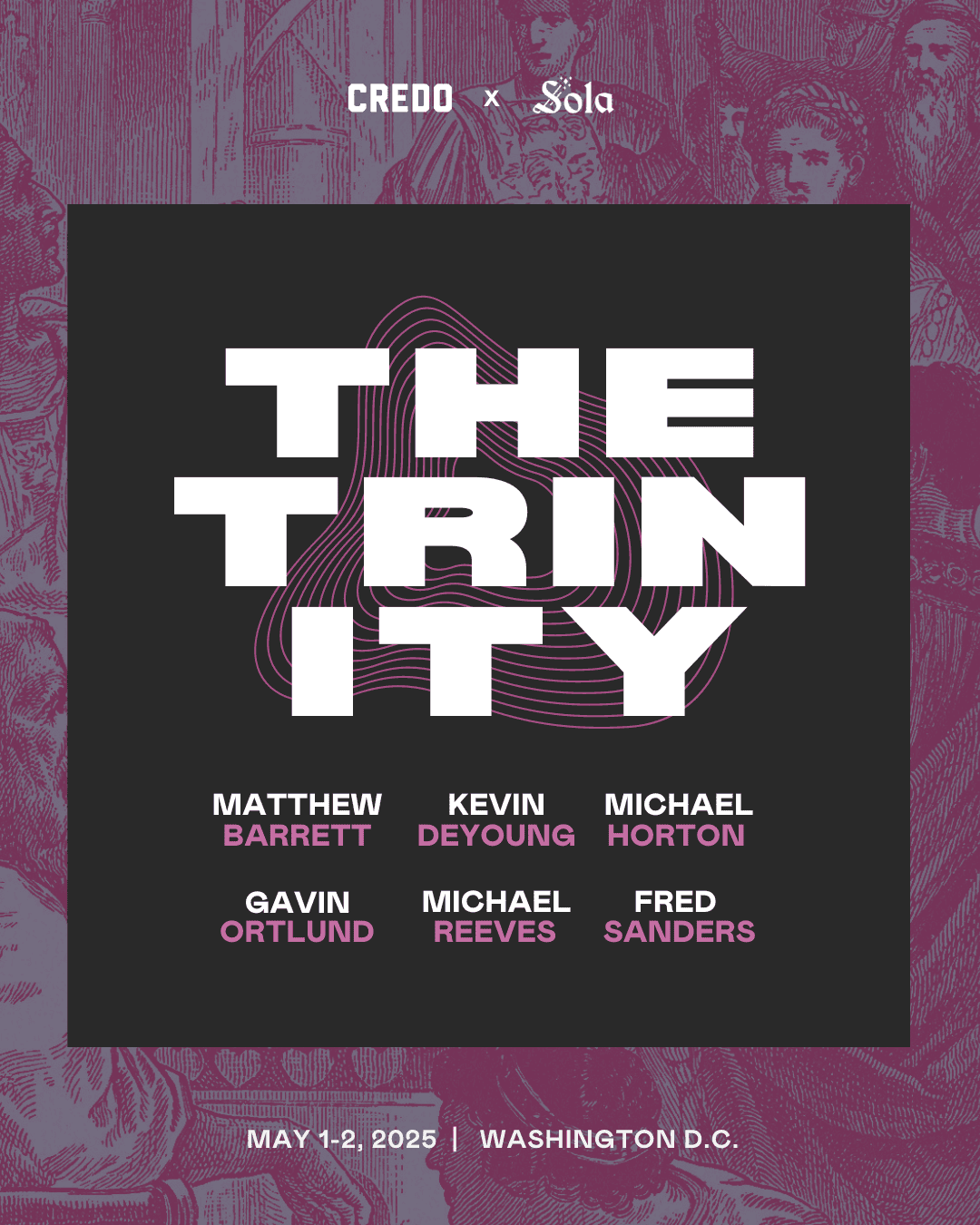
Which controversy in church history should Christians know about today and why?
In the recent issue of Credo Magazine, “The Trinity and the Christian Life: Why a Triune God Makes All the Difference,” we asked some top scholars the question, “Which controversy in church history should Christians know about today and why?” Here is what they had to say:
Michael Allen, Knox Theological Seminary
The Reformation. Beyond the economic and political unrest, even behind the religious celebrity and ecclesiastical tumult, we see that the Reformation was a decisive event in the long history of God’s Word forming his church to hear his promise of good news. We pay attention to the Reformation because it is an instance—a jolting, jarring one to be sure—of the risen Christ’s witness about himself to his people, revealing a bit more of the breadth and length and height and depth of his love for us. We listen to the testimony of the Reformation, then, because we listen to Jesus.
Kevin Bauder, Central Baptist Theological Seminary
Protestant Liberalism. Between 1875 and 1940, the assets and structures of nearly all Protestant denominations in America were transferred from people who held orthodox Christian beliefs to people who held the new theology of modernism or Liberalism. Many who still held orthodox beliefs accepted J. Gresham Machen’s conclusion that Liberalism was not only a different religion from Christianity, but actually a religion of a different kind. One cannot understand the development, eventual fracturing, and present internal strife of the evangelical world without grasping the significance of the theological issues that were first disputed with Protestant Liberalism.
Bradley Green, Union University
Augustine and Pelagianism. This ancient debate is not simply an old one, but is a perennial one. Every Christian in every generation has to work through this issue, or should. It is in wrestling with the question of grace—and in thinking through these two traditions in particular—that one can understand the majesty and beauty of grace. Also, in working through the Augustinian and Pelagian traditions one should make sure and grasp what Augustine had to say about the reality of grace within and during the Christian life (and not just concerning grace and the beginning of, or entry into, the Christian life), which I believe is as important as any contribution Augustine made. For Augustine, God’s grace does not simply initiate and bring about saving faith. Grace certainly does that. But additionally, God’s grace is a grace which efficaciously moves us to seek God, to obey Him, and to persevere.
Michael A.G. Haykin, The Southern Baptist Theological Seminary
Arianism. The Arian controversy, which dominated the fourth century, is one of the three most important controversies that gripped the Ancient Church. Since it had as its subject matter the nature of God—specifically, were Jesus and the Holy Spirit fully God as the Father is God?—it discussed what is the central issue in the Christian Faith. As Athanasius argued, if Christ be not God then we are not saved, as only One who is divine could be our Saviour. Basil of Caesarea similarly concurred with regard to the Spirit: if the Spirit is a creature, then the salvation wrought by Christ falls short of impacting us, for again only One who is divine can communicate salvation.
Read other interviews, articles, and columns in Credo Magazine:
The Trinity and the Christian Life: Why a triune God makes all the difference
One of the dangers every church faces is slipping, slowly and quietly and perhaps unknowingly, into a routine where sermons are preached, songs are sung, and the Lord’s Supper is consumed, but all is done without a deep sense and awareness of the Trinity. In other words, if we are not careful our churches, in practice, can look remarkably Unitarian. And such a danger is not limited to the pews of the church. As we leave on Sunday morning and go back into the world, does the gospel we share with our coworker look decisively and explicitly Trinitarian in nature? Or when we pray in the privacy of our own home, do the three persons of the Trinity make any difference in how we petition God?
In this issue of Credo Magazine, we have brought together some of the sharpest thinkers in order to bring our minds back to the beauty, glory, and majesty of our triune God—Father, Son, and Holy Spirit. But we do not merely want to see him as triune, but recognize why and how the Trinity makes all the difference in the Christian life. Therefore, in this issue Fred Sanders, Robert Letham, Michael Reeves, Scott Swain, Tim Challies, Stephen Holmes, and many others come together in order to help us think deeper thoughts about how God is one essence and three persons, and what impact the Trinity has on who we are and what we do as believers.
Matthew Barrett, Executive Editor


